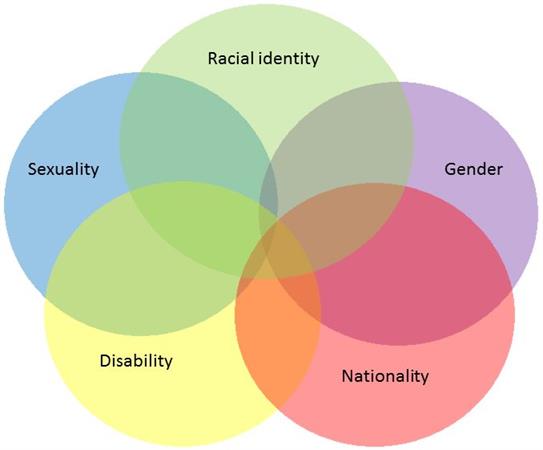Liberty and Justice For All: Intersectionality is important

It is important to take into account the unique discrimination and oppression individuals face
What is intersectionality? For some, this term carries negative political connotations. It has been branded by some people as a “radical leftist idea” of some sort, and conservative commentators have gone as far as to call it “the new caste system” in modern America. But to any progressive, equity-focused American, intersectionality is a critical concept that positively influences the ways in which we understand our society.
Let’s start by taking a look at the dictionary definition of “intersectionality.” Fair warning: it’s a bit wordy, but don’t worry — we’ll break it down.
Merriam Webster explains the term as “the complex, cumulative way in which the effects of multiple forms of discrimination (such as racism, sexism, and classism) combine, overlap, or intersect especially in the experiences of marginalized individuals or groups.” Phew.
Essentially, for something to be considered intersectional it has to take into account the impact of the diverse backgrounds and experiences that people have. It might mean understanding the ways in which women of color are especially vulnerable to gender-based discrimination, or how disabled people within the LGBTQ+ community can face magnified discrimination. It’s all about looking at the full big picture.
Intersectionality matters because its absence can contribute to incomplete and flawed assessments of important issues. When we fail to see how compounding factors influence issues down to their cores, we entirely fail to accurately understand those issues; doing so is critical to the creation of liberty and justice for all.

